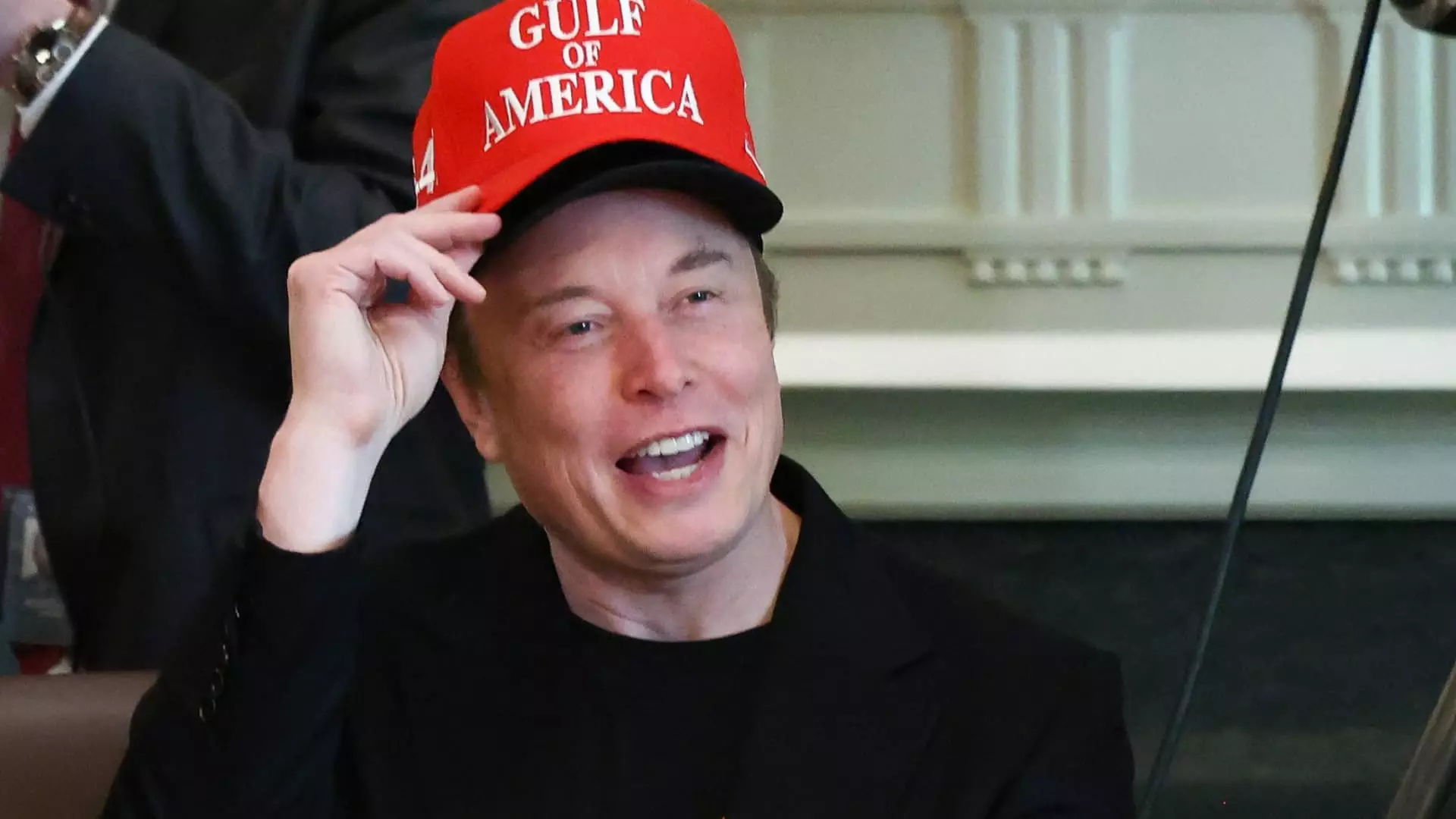Elon Musk has often been perceived as a polarizing figure, celebrated for his visionary ideas but criticized for his unconventional approaches. With the conclusion of his official role as a special government employee in the Trump administration, the spotlight is on what this means for governmental processes and the narrative surrounding efficiency in bureaucracy. Musk led the Department of Government Efficiency, a position he seemingly leveraged to advocate for innovative practices aimed at trimming excessive expenditures within federal governance. His tenure encapsulated an ambition to rethink and reshape the bureaucratic landscape, raising questions about the efficacy and sustainability of such sweeping reforms.
The DOGE Initiative: A Double-Edged Sword
Musk championed the DOGE initiative, promoting it as a vehicle for cultural and operational transformation in government. The titular reference to the cryptocurrency DOGE reflects not just a playful nod to internet culture, but embodies Musk’s approach of injecting dynamism into traditionally stagnant governmental practices. However, his recent critique of Trump’s spending proposal, which he claimed contradicted DOGE’s foundational efforts, underscores a potential friction point—can transformational initiatives thrive amidst entrenched budgetary politics? Many analysts note that Musk’s innovative spirit, though admirable, may be undermined by the reality of legislative inertia.
Balancing Act: Shifting Priorities and Legal Scrutiny
As Musk shifts his focus back to his expansive business empire, including Tesla and SpaceX, the ramifications of his government stint extend beyond mere operational changes. The growing legal scrutiny surrounding his leadership of DOGE poses significant challenges. With complaints alleging violations of federal laws, Musk’s entrepreneurial spirit may clash with regulatory oversight, raising ethical questions about the intersection of business acumen and public service. The call from pension fund leaders for Musk to dedicate a minimum number of hours to Tesla underscores the intertwining of corporate and governmental accountability, reflecting a broader concern about leadership and commitment in both realms.
Musk’s Vision: Future Implications for Governance
Looking ahead, Musk’s influence on government efficiency serves as a case study in ambition coupled with controversy. His concept of integrating a more agile framework into public service can inspire broader discussions on how to reform and modernize an often sluggish bureaucracy. However, skepticism remains regarding whether an individual can successfully drive such large-scale transformation amidst bureaucratic red tape and established norms. As Musk continues to navigate his dual roles, the real query may center on whether his approaches to efficiency can endure beyond his tenure or if they will fade away like many a passing trend in government reform.
Musk’s experience raises fundamental questions about the capability of prominent figures in the entrepreneurial sphere to engender lasting change in public governance. His time with the Trump administration, characterized by a dual focus on innovation and legal challenges, highlights the complexities of leading in environments where stakes are high, both financially and politically.

